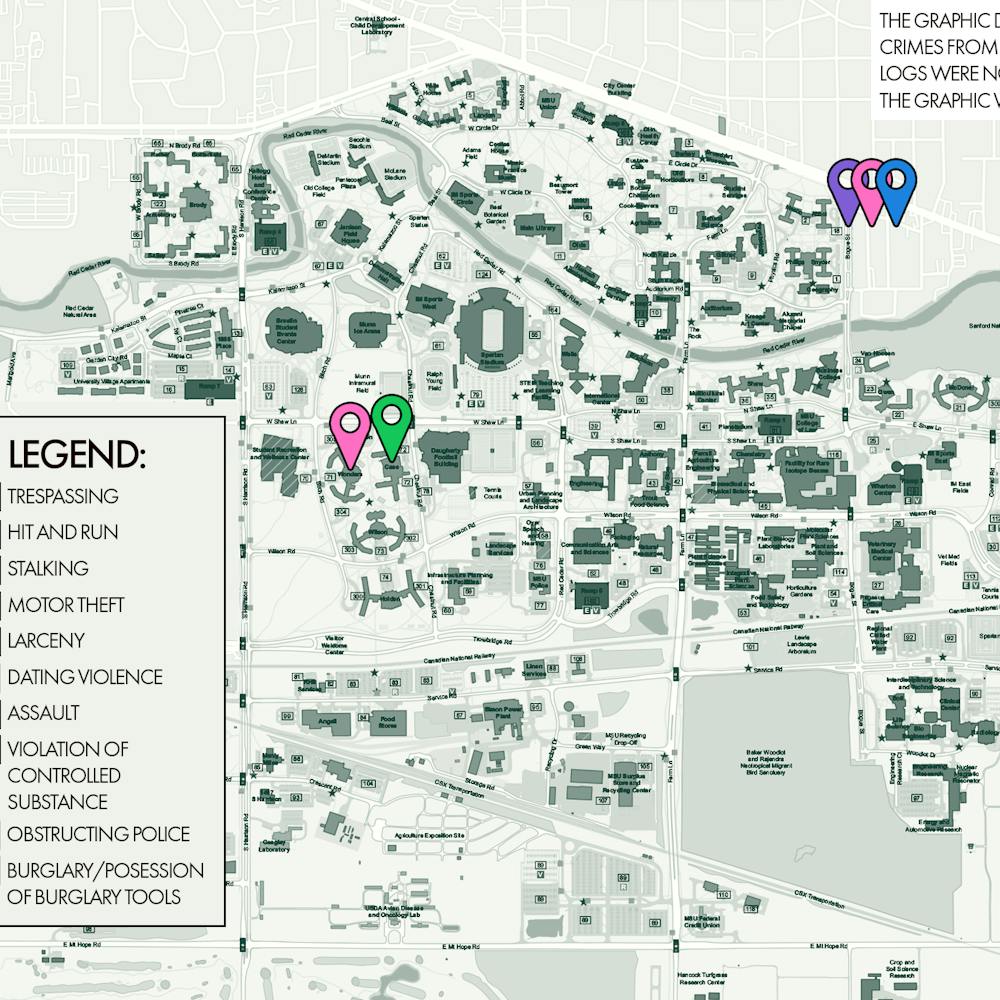LANSING - A judge has to consider a blood-alcohol test taken more than two hours after a traffic stop, according to an appeals court decision released Monday.
The Court of Appeals’ 2-1 decision reverses the ruling of an Oakland County judge to leave out Michael Allen Cupp’s 0.12 blood-alcohol content, slightly more than the 0.10 percent that is considered drunk under state law.
Police tested Cupp’s blood-alcohol content more than two hours after they stopped him at 1:12 a.m. on Sept. 16, 1996 for making an illegal right turn at a red light in Hazel Park.
After Cupp refused a preliminary breath test, police officers obtained a search warrant and took two blood samples. Police charged Cupp with his second drunken driving offense.
The circuit court agreed with Cupp’s attorney who argued that the test results were unreliable because they were not administered within a reasonable time.
Appeals Court Judges Jeffrey Collins and Brian Zahra ruled that the trial court erred in leaving out the evidence. They said blood-alcohol test results are allowed to be considered by a court regardless of when the test is administered.
But Appeals Court Judge Kathleen Jansen dissented, arguing that allowing jury members to consider the test results would incorrectly lead them to believe Cupp had an even higher blood-alcohol content when he was originally stopped.
Jansen cited contradicting expert testimony during the circuit court trial over how long it takes alcohol to be absorbed by the body.
“(Blood-alcohol content) could go either way; if he had his last drink shortly before he was arrested his level could go up,” East Lansing police Capt. Juli Liebler said. “The level could go up or down.”
The case will now be reconsidered in Oakland County Circuit Court.
“The more time it takes to administer the test, the lower the alcohol content will be,” Lansing police Lt. Ray Hall said.
The time it took officers to respond in this case was comparable to the response times of local law enforcement agencies, Hall said.
“In a typical scenario, it would not be uncommon for officers to take two hours or more to complete the entire arrest process from the point of first contact,” he said.
Larger areas like Lansing may take longer than smaller ones. Transporting the person, issuing a warrant and the number of patients in the emergency room also can lengthen the process, Hall said.
The case is unlikely to change the procedures of the East Lansing police unless directed to do so by the Supreme Court, Liebler said.
However, some students are skeptical about using a test taken two hours after the arrest.
“I would agree with the defendant because it depends on the person’s metabolism. His blood-alcohol content could only be a bit higher (while he was driving),” no-preference freshman David Briney said.
State News staff writer Eric Morath contributed to this report.






